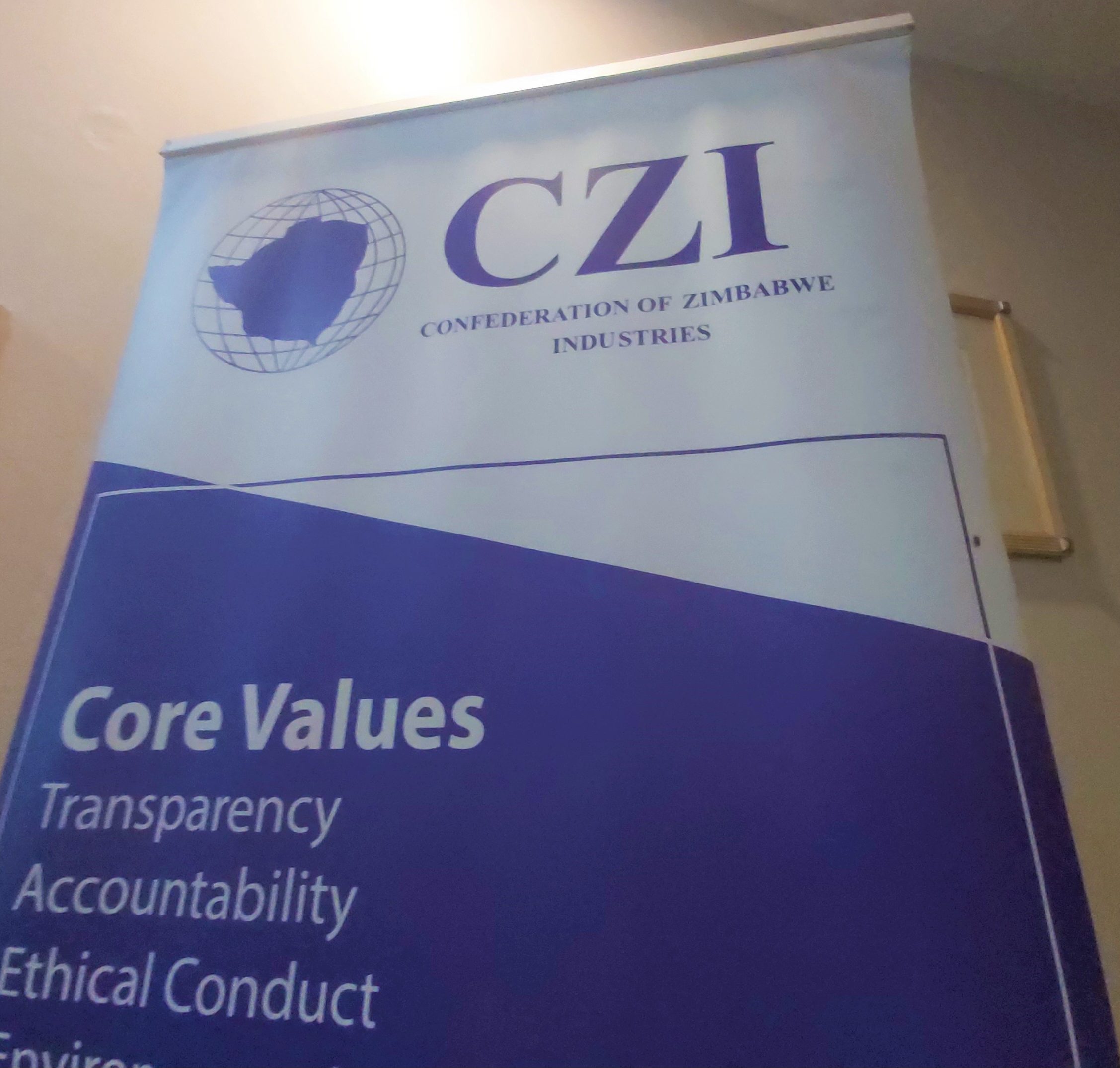Incentivise informal sector: CZI
The informal sector is now estimated to make up between 60% and 70% of the economy, generating annual revenue of US$14,2 billion, according to the central bank.
Government must offer incentives for informal players to formalise their operations instead of imposing taxes, the Confederation of Zimbabwe Industries (CZI) has said.
The informal sector is now estimated to make up between 60% and 70% of the economy, generating annual revenue of US$14,2 billion, according to the central bank.
In the 2025 National Budget, Treasury ignored business calls to put in place incentives for informal players to formalise.
Instead, Treasury announced an aggressive tax collection campaign in 2025, imposing a slew of new taxes.
Advertisements
These were a 0,5% tax on the fast-food sales value, a 10% withholding tax on sports betting winnings, a 20% tax on plastic bags and a 25% tax on rental income on properties converted for business use. Treasury directed the Zimbabwe Revenue Authority (Zimra) to temporarily close businesses that fail to register for taxes.
“So, if I may take you from an African perspective, when I look at the growth trend for Zimbabwe, when you try to rank Zimbabwe’s economic growth, I have tried to rank our economic growth for 2015, 2020 and 2024.
You can see that in Africa, in 2015, Zimbabwe ranked number 30 in economic growth,” CZI president Mucha Mkanganwi said at an industry post-budget breakfast meeting on Monday this week.
“In 2020, we also know that this is a year where there was also an El Nino and other shocks as a result of the weather.
“We suffered a significant decline in 2020, where in terms of ranking, we were ranked number 39 against some of the African countries.
“Similarly, this year, in 2024, our economic growth is 2%. When you compare with other African countries, we are ranked number 38. So, it simply means, from a growth perspective, we need to focus on how we can turn around our growth perspective so that we can catch up to our regional counterparts.” He suggested several ways to formalise.
“Some of the strategic approaches would be to say, find ways of incentivising the informal (player), through even protecting their rights, through entitlement and through protecting the assets of entrepreneurs,” Mkanganwi said.
“We should be seen to be giving certain benefits that make it attractive for business to formalise.”
He noted that the deepening of informalisation in the economy was due to the high cost of formalisation.
“Instead of looking at the informal sector and say how best to tax it, we may need to invest more time to say how best to make it attractive for businesses to move from being informal to formal,” Mkanganwi said.
“And if these issues allow different schemes for informal sectors, it can be a characteristic to say there should be social insurance schemes and other conditional incentives that are beneficial to the informal sector upon registration.”
SME Association of Zimbabwe chief executive officer Farai Mutambanengwe said being honest no longer paid as most of SMEs were focused on generating money.
“Losing money is not an option. So, there is a need to make formalisation more attractive because the moment they hear paying tax, they no longer want to hear about it,” he said.
“The other issue is that most of these people do not even listen to the budget, let alone understand what it is about. So, it’s going to be difficult to convince the informal sector to formalise.” He said the tax regime criminalised most of the informal sector players.
“It’s not the issue of us not wanting to pay, but the tax regime is quite radical,” Mutambanengwe said.
“The thing is, if you look at the people selling on the streets, how are they going to pay those taxes? The city council will only have a lot of people to run after. This system will push the SMEs into non-compliance.”-newsda










